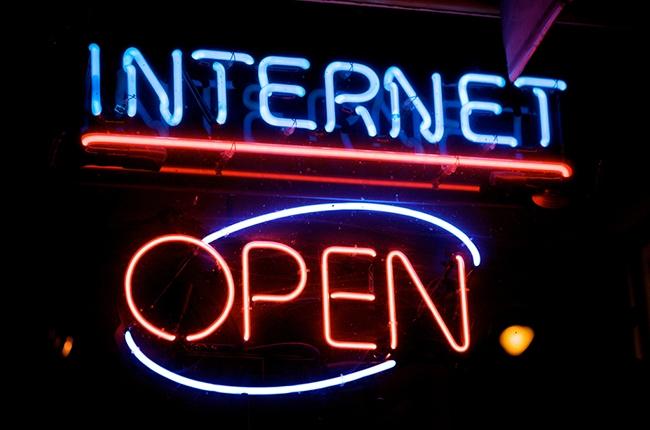Net Neutrality: an Impending Downfall for our Internet Life
January 14, 2015
President Obama has recently provided a statement regarding the issue of net neutrality. He firmly backs the current state of keeping the internet open and neutral. In a statement on the official White House website, whitehouse.gov, Obama said, “[the internet] has been organized around the basic principles of openness, fairness, and freedom. Abandoning these principles would threaten to end the internet as we know it.” His stance has been met with many other backers in Washington among both parties. Even the large corporations like Facebook, Google and others that could potentially benefit from the change in policy are instead in favor of net neutrality. This all sounds like good news, but there’s still one question left here: What is net neutrality?
The Internet graces our lives on an everyday basis nowadays. We use it for entertainment (like Netflix and Youtube, but not in Sociology), communication (Twitter -not in Spanish- and Facebook-not in the school), and for seemingly everything else in between. You could even be reading this article online right now by way of the amazing Ames High Web site. With everyone at Ames High having laptops now and the majority of us teens possessing phones with the ability to go online, it’s really quite surprising no one really knows about the imposing threat that is posed and which President Obama is talking about. This especially includes us teens, since we are the group which the decision could have the biggest impact upon.
One thing that is a bit unnoticeable about the internet, but is vital to its function, has always been that it is a free and open place. Think of the world wide web as a highway, and we are all drivers on that highway. In fact, there are no toll roads or detours that help or hinder the journey to where you’re going, because all of the users of the internet are on a level playing field. This is why the internet is sometimes called the Information Superhighway.
With the way the internet is now, startup companies and services are able to compete and even flourish knowing they won’t be swallowed up in an abyss. After all, Facebook once was a startup itself, and it has supplanted MySpace and become a multibillion dollar company.
Recently, the Federal Communications Commission, also known as the FCC, has allowed the topic of net neutrality be discussed for possible consideration of change. They are the regulators/rule makers of things like radio, television and cable. Basically, the question at hand is whether or not the internet be accessible like electricity. Or should it be accessible like cable television? It is remarkable how gigantic of an issue this is for the times, and yet many people that should know about it don’t.
The main force that is pushing for the net neutrality rule change is cable providers. Companies like Comcast and Verizon connect users through the respective service they choose. The main reason, of course, is money. With the rule changes that are being proposed, there would be a so called “fast lane” for online sites and services that would require a premium fee to allow services to reliably provide and have content faster for users. Companies not paying the premium would be subjected to throttling of their site leading to slower speeds and possibly never being able to make it off the ground. It all comes full circle towards the direction of more money needed from the user, which is never what the internet has been about. Think of your favorite website that you use that isn’t a very well known one. If it can’t afford to make a payment to the provider, its performance on the screen is going to suffer.
This generation coming through the ranks of schooling sees new industries popping up all the time along with with many jobs having a necessary online element to them. Seeing the internet change in a way that is not conducive with the current neutral state could significantly stunt the growth of the promise that the internet has for the future.
Net neutrality could grow and gain center stage in daily news coverage as the ruling becomes more impending, or it could be something you’d have to search high and low for to know the most recent trends about. That said, it will be interesting to see how people will respond to the growing conflict of net neutrality in the coming months, and if the proper attention will be paid to the issue.
























